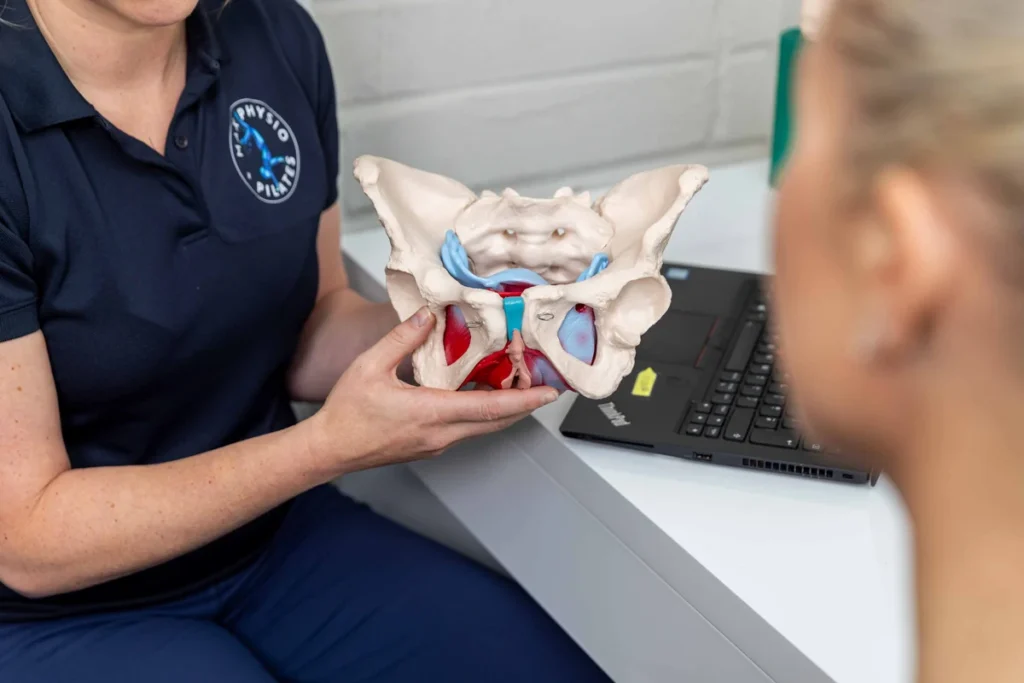
Endometriosis is a chronic condition where tissue similar to the uterine lining grows outside the uterus, leading to pain, inflammation, and potential fertility issues. Physiotherapy offers a holistic approach to managing these symptoms:

Menopause brings hormonal changes that can affect muscle mass, bone density, and overall well-being. Physiotherapy can mitigate these effects through:


Pregnancy and childbirth place significant demands on the body. Physiotherapy supports women through:

Incontinence is the involuntary leakage of urine or stool, affecting physical, emotional, and social well-being. Physiotherapy plays a vital role in managing this condition.

How can we assist?